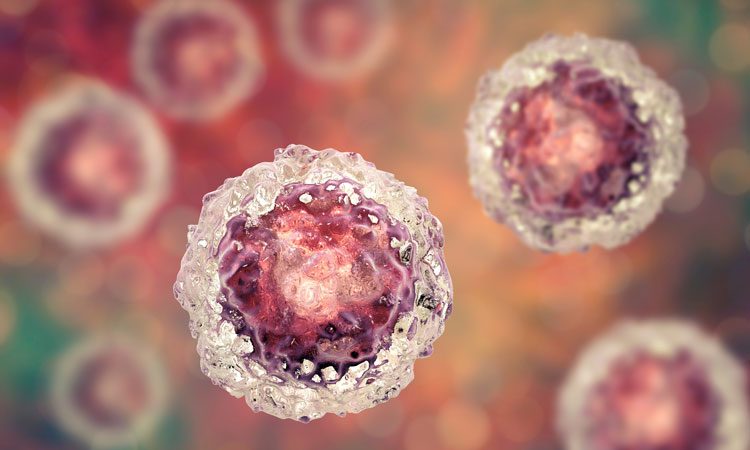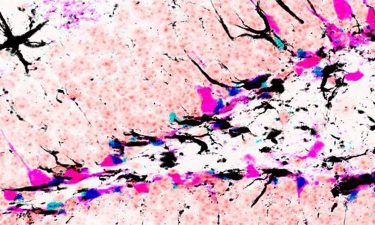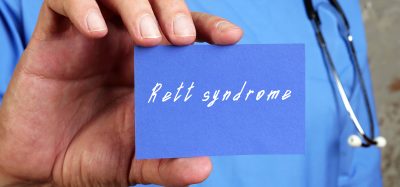Stem cell division in the geriatric brain blocked by signal
Posted: 29 August 2019 | Rachael Harper (Drug Target Review) | No comments yet
It has been discovered that Id4 controls whether stem cells enter cell division and may be relevant for treating neurodegenerative disease.


Scientists have discovered that the gene regulator, Id4, controls whether stem cells remain in a state of rest or enter cell division. This may be relevant for treating neurodegenerative disease in human brains, according to the researchers.
It has been unclear why stem cells in the adult and aged brain fall into a state of rest but a research team led by Professor Verdon Taylor from the University of Basel has discovered which factors block entry of stem cells into cell division. They were investigating the so-called Notch signaling pathway in more detail, a pathway central for regulating stem cell activity in the brain.
The study shows that the Notch2 signaling pathway controls the expression of a specific transcription regulator called Id4. Once expressed, Id4 inhibits the division of stem cells and blocks the production of new neurons in the hippocampus of the adult brain.
Notch2 signaling maintains high levels of Id4 in some neural stem cells and thereby explains why these stem cells enter a state of rest in the adult and geriatric brain.


The image depicts Id4 (blue) and GFAP (black) expression in genetically labeled stem cells and their progeny (magenta) in the hippocampus of the mouse brain. The image presents an artistic coloration of the spatial and molecular factors in a niche (credit: University of Basel).
As the brain ages, the Notch2-Id4 pathway enters into a state of hyperactivity, presenting a strong molecular brake that inhibits stem cell activation and neuron production. Conversely, inactivation of this pathway releases the brake and enables the production of new neurons – even in the brain of geriatric mice.
The new study shows that the stem cells in the mammalian brain are in a reversible resting state regulated by signals and factors in the niche. By manipulating the signaling pathway, the production of new nerve cells can be specifically stimulated.
The study also provides important information on the basic mechanisms of neurogenesis in the adult mouse brain. The researchers hope that the findings can also be transferred to humans. In this way, brain damage caused by degenerative and neuropsychiatric diseases could be repaired in the future.
The study was published in Cell Reports.
Related topics
Cell Cultures, Neurons, Neurosciences, Research & Development, Stem Cells
Related organisations
Cell Reports, University of Basel
Related people
Professor Verdon Taylor








